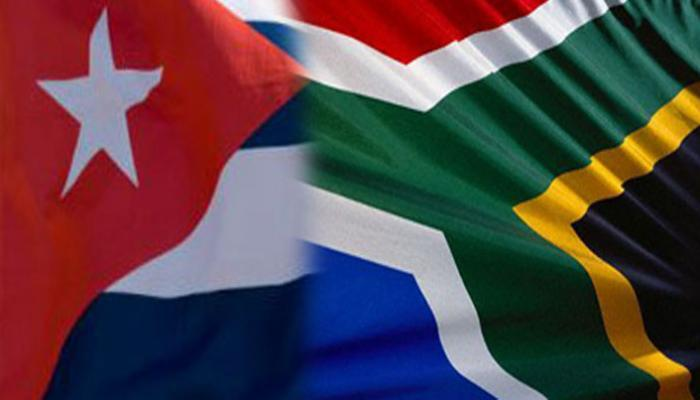
By Roberto Morejón
Cubans celebrated because the brotherly people of South Africa commemorated Independence Day, shortly before the 30th anniversary of the establishment of relations between both countries.
On April 27, 1994, South Africans voted in the first multiracial elections after the repudiated apartheid, in which the African National Congress won.
With that popular outcome, the way was opened for Nelson Mandela, the first black president of South Africa, a country immersed in a separate development regime, to come to power.
Marking the 30th anniversary of the first democratic contest, President Cyril Ramaphosa highlighted the progress made.
South Africa exhibits among its successes the training of doctors both in local universities and in Cuba.
Both countries develop an international collaboration program identified as Nelson Mandela-Fidel Castro, leaders who maintained a close friendship and mutual admiration.
The number of South African medical graduates has doubled in the last 10 years, from 1,338 in 2014 to 2,210 in 2023, an endeavor in which Havana made its contribution.
But cooperation has not only been manifested in health. “Cubans came to our region as doctors, teachers, soldiers, agricultural experts, never as colonizers,” Mandela said in 1995.
In the 60s of the last century, Cuba denounced the imprisonment of Mandela by the segregationist regime and later young South Africans began to arrive here to receive medical care or vocational training.
After the defeat of apartheid, to which Cuba contributed with the military victory in Cuito Cuanavale, and the establishment of relations on May 11, 1994, the two nations increased their cooperation.
This has been the case in the fight against Covid-19, education, science, technology, communications, settlement development, sanitation and water.
Currently, specialists from the largest of the Antilles work in South Africa in the operation and maintenance of pumping stations and systems, in reservoirs related to electricity generation, mining and food production.
When the children of Nelson Mandela's homeland, Oliver Tambo and Winnie Mandela, evoke the thirty years of freedom, Cubans are once again grateful that the first act of foreign policy of the new South Africa was the establishment of diplomatic relations.

